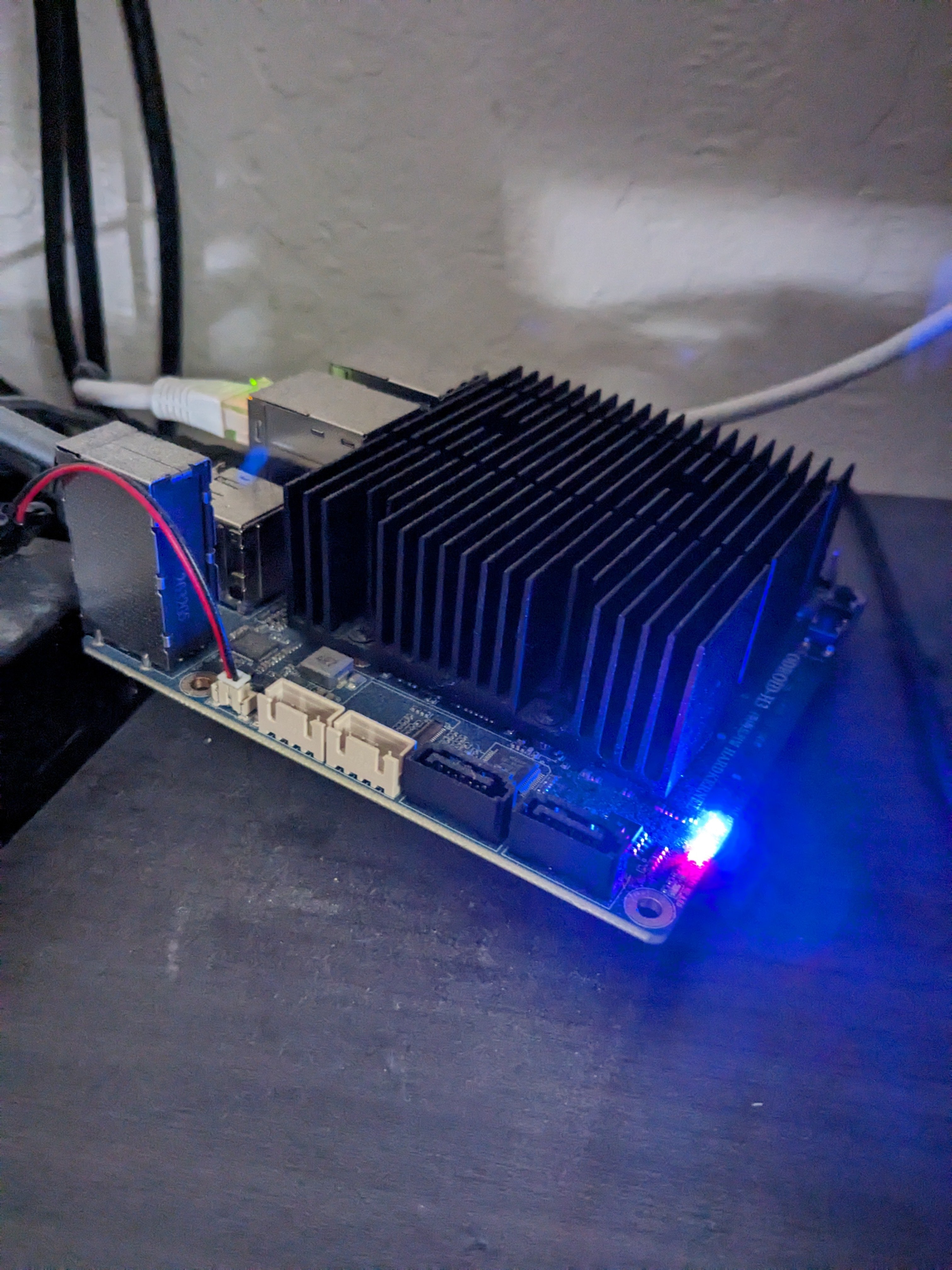For me it’s simple: my ISP has crippled the upload to 30mbps making it impossible to host something from my home publically (download is 300mbps or more) but I do selfhost on unraid .. it’s just for stuff in my house or for my privately with vpn outside. I run a TON of apps this way.. I just don’t need them to be .. public they are just for me to use at home mostly.
That for me is also selfhosting.
Now that said: I still ask the same question to my isp when they want to upsell me something: and what about the upload? The sales persons mostly don’t know what I mean or how it matters 🤦♀️.. anyway I’ve been doing this for 20+ years now…… kinda lost hope? But nah not yet 😏 .. “hoop doet leven” we tell or selves over here (translates to: hope is live)
